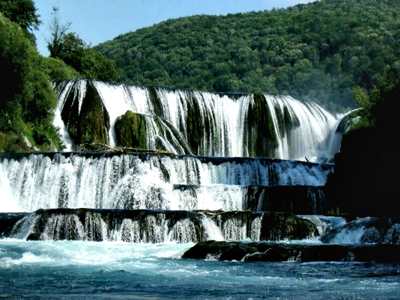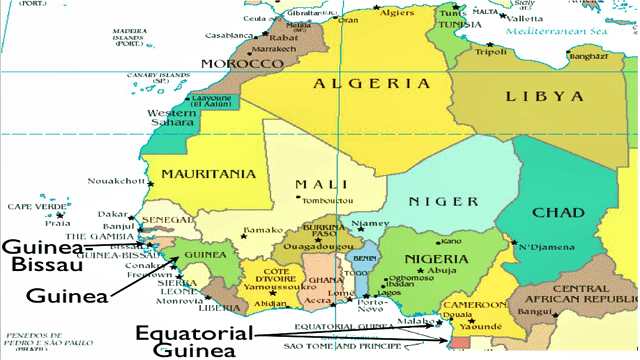October 12 is a significant date for many reasons, but for the people of Equatorial Guinea, it marks a momentous occasion: the day they gained independence from Spain in 1968. This small yet vibrant nation, often confused with its West African neighbors Guinea and Guinea-Bissau, is located near the Equator and boasts a rich cultural heritage and stunning natural beauty.
Brief History of Equatorial Guinea
Equatorial Guinea’s journey to independence was not without its challenges. For over 190 years, the country was a Spanish colony, and the struggle for autonomy was fueled by a desire for self-determination and national identity. On October 12, 1968, Equatorial Guinea officially became an independent nation, a day celebrated with pride and joy by its citizens.
The capital city, Malabo, located on the island of Bioko, is a hub of cultural activity and a testament to the country’s colonial past. The transition to independence was marked by a mix of hope and uncertainty, as the new nation faced the task of building a stable government and economy.
Beauty of Equatorial Guinea
Equatorial Guinea is often overlooked in discussions about African travel destinations, but it is home to breathtaking landscapes and diverse ecosystems. From the lush rainforests of Monte Alén National Park to the stunning beaches of Bioko Island, the country offers a wealth of natural wonders.

One of the most famous sights is the Cascades de Moka, a series of picturesque waterfalls that attract both locals and tourists alike. The vibrant wildlife, including rare species like the Cross River gorilla, adds to the allure of this hidden gem.
Cultural Celebrations
Independence Day in Equatorial Guinea is celebrated with various festivities, including parades, traditional music, and dance performances. The people come together to honor their heritage and reflect on the progress made since gaining independence. Traditional dishes, such as pepper soup and fufu, are enjoyed during these celebrations, showcasing the rich culinary traditions of the nation.
Other Observances on October 12
While Equatorial Guinea celebrates its independence, October 12 is also a day of significance for various other countries and cultures. It coincides with Laos Liberation Day, Free Thought Day, and Fiesta Nacional in Spain. Additionally, it marks the birthdays of notable figures such as claymation pioneer Art Clokey and comedian and activist Dick Gregory.
In the United States, this date is recognized as Columbus Day, also known as Discovery Day, and is observed as Indigenous People’s Day in many regions, highlighting the complex history of colonization and its impact on Indigenous communities.
Conclusion
October 12 serves as a reminder of the diverse histories and cultures that shape our world. For the people of Equatorial Guinea, it is a day of pride and reflection, celebrating their hard-won independence and the beauty of their homeland. As we acknowledge this important date, let us also appreciate the rich tapestry of global cultures and the stories that connect us all.
Whether you’re exploring the stunning landscapes of Equatorial Guinea or participating in local celebrations, this day offers a unique opportunity to honor the past while looking forward to a bright future.

